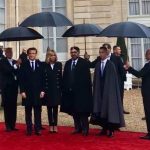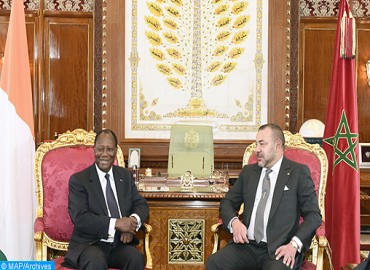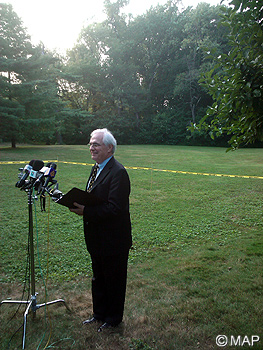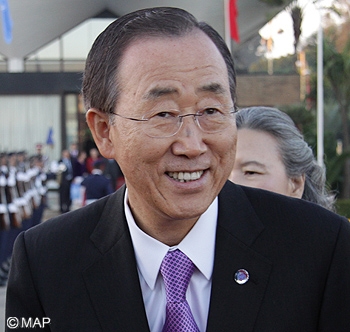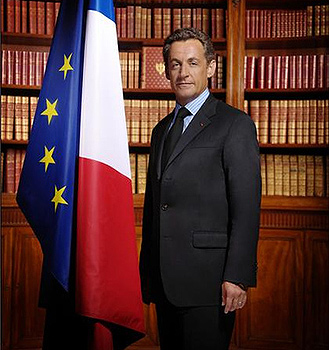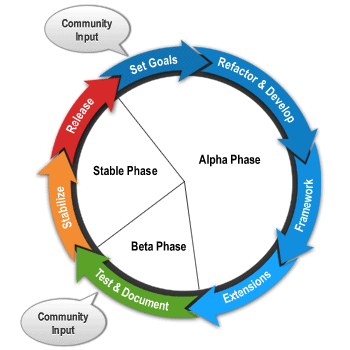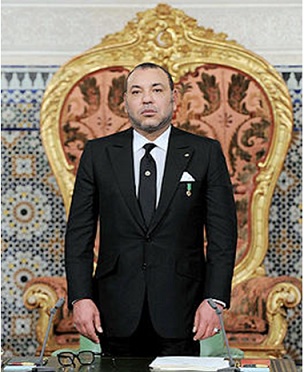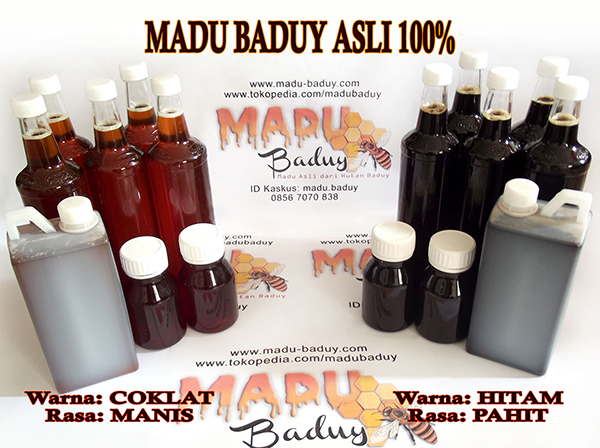The Saharawi Refugees, An Abuses of Fundamental Human Right in Modern Time
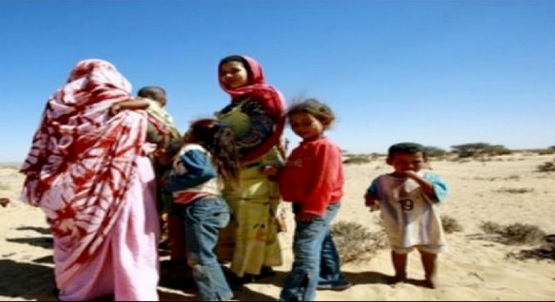 The Saharawi Refugees
The Saharawi Refugees
PERSISMA – About 95,000 Saharawi Refugees are detained in the Polisario-run camps in Tindouf in South-West Algeria, according to the United Nations Organisation, the United Nations’ High Commission for Refugees and other internationally-respected organisations, governments and charities.
The Saharawi People are nomadic and from time immemorial have travelled throughout North Africa in pursuit of trade and lodgng, bearing allegiance and swearing loyalty to the Sultans of Morocco. The Saharawi People comprise some 36 tribes, the vast majority of whom (34 tribes) live and move freely within Morocco and the Western Sahara. Only two Saharawi tribes currently live in Algeria, in the refugee camps of Tindouf, controlled by the Algerian-backed Polisario Front, where they are denied their basic human rights and prevented from freely associating with one another or leaving the camps. These denials of basic freedoms are abuses of their human rights and in contravention of numerous United Nations’ charters and conventions to which Algeria, the country within whose borders the Tindouf camps are situated, is a signatory.
The Saharawi Refugees detained in Tindouf Camps in South-West Algeria are
denied the basic, fundamental human rights of freedom of speech, expression and association;
denied freedom of movement, and the right to leave the camps without the express permission of the Polisario leadership;
denied the rights to family life, with their young children being sent to Cuba for many years against their will;
denied access to adequate food and medical care;
denied protection from military personnel and a military environment;
exposed to fear, the use of intimidation, punishment and torture.
denied the Internationally donated food and medicines, which are misappropriated by the Polisario leadership and sold in the markets of North Africa. Those foodstuffs and medicines which do reach the Sahrawi Refugees are used as a means of extortion and for exploitation by the Algerian-backed Polisario Front leadership.
Abuse of fundamental human rights
In the Tindouf camps, the Saharawis are placed in five separate camps, situated between 30 km and 172 km apart. Husbands are wives are separated, as are siblings, with children forcibly removed from their parents’ care. They cannot move freely between the camps and are prevented from leaving Tindouf or from moving within or beyond Algeria without the express permission of the Polisario leadership.
This is in contravention of numerous United Nations’ charters and conventions including:
Articles 12, 13, 18, 19, 20, of the Universal Declaration of Human Rights
Articles 15, 26, 27 of the 1951 Convention relating to the Status of Refugees
In further contravention of United Nations’ charters and conventions regarding the welafare of refugees, women and children, very young Saharawi children are removed from their parents’ care within the camps and then sent to Cuba for many years. While in Cuba they loose contact with their families, are often exploited and put to work in domestic service, factories, agriculture and given military training. Many years later, no longer able to communicate in their mother tongue, they are returned to North Africa, not knowing whether or not their relations are alive, in prison or dead. They find it extremely difficult to settle into a new way of life.
This contravenes
Articles 25, 26 of the Universal Declaration of Human Rights, as well as the Preamble which declares, “childhood is entitled to special care and assistance”.
Articles 26, 27 of the 1951 Convention relating to the Status of Refugees.
Articles 5, 7, 8, 9, 11, 14, 16, 18, 19, 35 of the Convention on the Rights of the Child.
Malnutrition, embezzlement and misappropriation of humanitarian aid
Despite generous provision of internationally donated humanitarian aid in the form of food and medicines, there is a 35% malnutrition rate, since the Algerian-backed Polisario sell the aid on the markets of North Africa and purchase weapons instead. Baby milk, water and food is used to reward compliance within the camps to ensure conformity with the Polisario’s regime.
Denial of freedom of movement and trafficking of children
Many Saharawis would like to leave Tindouf, but cannot. Those who express such a desire find their family members have been moved to other camps and/or their children sent to Cuba. This effectively ensures that they remain in the camps, as hostages, and that they continue to comply with the Polisario’s regime and dictats, while waiting and hoping to be re-united with their spouses and/or children.
This contravenes Articles 11, 19 and 35 of the Convention on the Rights of the Child.
Under the auspices of the United Nations’ confidence building measures, visits between family members detained in Tindouf and their families in Morocco have been undertaken, but the Algerian-backed Polisario leadership never allow more than one family member to leave for a short visit, thereby ensuring that the family member will return to Tindouf.
A few Saharawi Refugees managed to escape from the camps this summer (2007) and described the hardships and brutality which exists in the camps. They attest to the corruption of the Polisario leadership and their use of food, particularly baby milk, water and basic foodstuffs, as a means of extortion and exploitation.
Intimidation, punishment, repression and torture
The camp regime is harsh, with punishment and intimidation used to keep control and ensure conformity with the Polisario’s edicts. Dissent is publically punished, with torture and imprisonment common-place. Children are forced to watch the public punishment of their parents.
This contravenes the Preamble and Article 19 of the Convention on the Rights of the Child.
Slavery
Two Australian journalists described the enslavement of black Africans by the Polisario at a meeting at the United Nations in New York on 12 October 2007.
This is a contravention of Article 4 of the United Nations’ Unviversal Declaration of Human Rights, which states:
“No one shall be held in slavery of servitude; slavery and the slave trade shall be prohibited in all their forms.”
As signatory to the United Nations’ 1951 Convention relating to the Status of Refugees and the UN Convention on the Rights of the Child, Algeria should ensure the safety and security of the Saharawi Refugees.
Tindouf is however a military zone, from which all non-military personnel are excluded, yet the refugees are confined to this area and are kept in close proximity to military training grounds. This is in further contravention of United Nations’ charters which specifically require signatory states to ensure the safety of refugees away from military zones.
Source: Freedom For All


